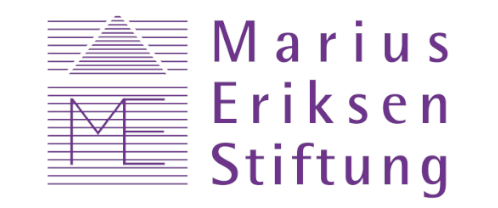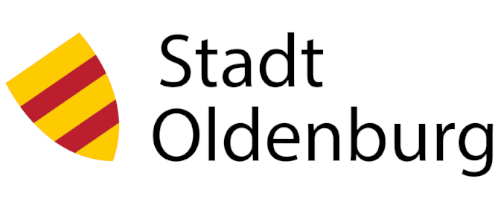General Assembly
The General Assembly is made up of all 193 member countries,
each with one vote. It undertakes all major discussions and decisions about UN
actions. It is like a global town hall, providing a powerful medium for
countries to put forward their ideas and debate issues. The Assembly can
discuss and make recommendations on any issue covered by the UN’s charter.
However, the recommendations are not binding and the Assembly has no authority
to enforce them. Members decide routine matters with a simple majority vote.
Important decisions require a two-thirds majority.
The General Assembly meets annually in regular
sessions that generally run from mid-September to mid-December. Recently the
General Assembly has been meeting year-round. It also convenes for special
sessions every few years on specific topics, such as economic cooperation or
disarmament. In addition, the Assembly can meet in emergency session to deal
with an immediate threat to international peace. At the beginning of each
regular session, the member states elect a president to lead the assembly. The
General Assembly has the power to admit new members to the UN. It approves the
budget for UN programs and operations. The Assembly can establish agencies and
programs to carry out its recommendations and elects members to serve on
certain agencies and programs, and it coordinates those programs through
various committees.
At OLMUN, we usually simulate two committees of the General Assembly,
dealing with specific sub-topics.
Our Presidents of the General Assembly:
President of the General Assembly

Sophia Patricia Bieling
This year, I am very grateful to take upon the role of the President of the General Assembly. Together with my deputy I am responsible for the selection ...
Deputy President of the General Assembly

Thubelihle Kimberly Nyoni
My first OLMUN experience was in June 2023 where I participated as a delegate in the committee UN Women. I had such a great experience and decided ...
Venue of the General Assembly

Relevant Documents
- Information for Delegates
- Rules of Procedure










